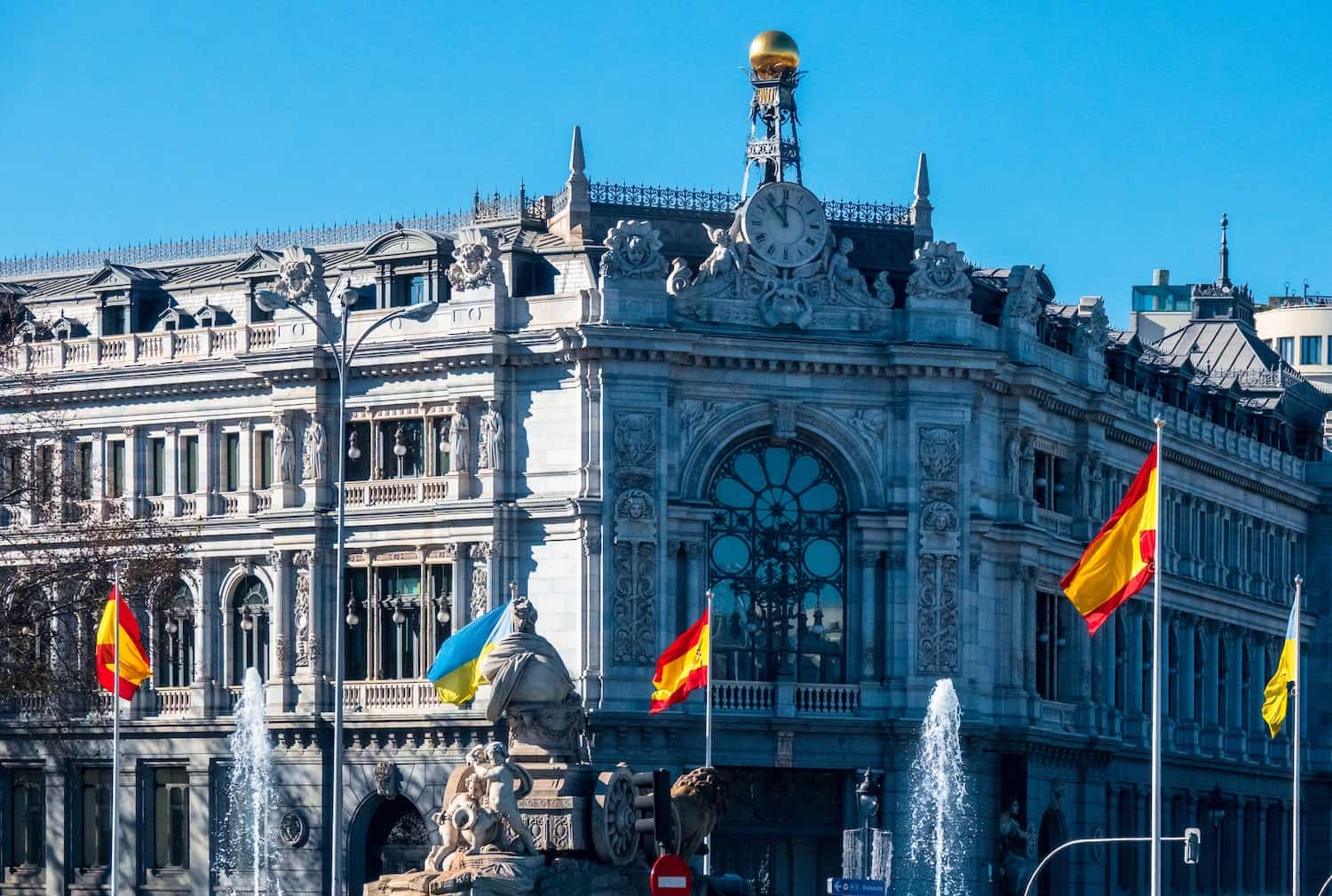International students from Spain who are returning to the country to find work are coming up against bureaucratic roadblocks trying to get their degrees recognised by the state.
According to a recent report by El PAÍS, a decree that was announced in 2021 trying to streamline the process was only implemented last October – and currently has little to show for helping move the process along.
They have quite the mountain of applications to deal with. The homologación de titutlos universitarios extranjeros (recognition of foreign university degrees) process currently has over 39,000 cases are pending opening – not pending completion, but opening – which doesn’t even cover applications that are still waiting to be completed and new applications from 2021.
“The decree that entered into force [on October 18 2022] sets a period of six months to be able to resolve the files,” said Universities minister Joan Subirats in December 2022.
Subirats went on to say that applicants who started before the date of the decree would need to close their previous application and begin a new one.
The decree also covers all those coming to Spain with foreign degrees, meaning returning citizens are part of an even bigger bottleneck.
“[We intend to] expedite paperwork and remedy the human drama of long waiting periods for those who have decided to start a new life in our country,” said former minister Manuel Castells in 2021. He resigned in December of that year, with the decree still waiting to be implemented.
The bureaucratic funnel that Spanish nationals have been facing has been growing since 2014, EL PAÍS says, and was naturally exacerbated by the pandemic.
The need for health workers in that period grew, and job shortages began to be a big problem in Spain over the last two years, with the government vowing to recruit more foreign workers to plug the gap. Spain has also begun enticing international students from outside the EU, to stay after graduation to help with the shortage.
Despite these efforts, it leaves people like US graduate Inmaculada Reina Sumariva behind – despite her being a Spanish citizen.
When Sumariva decided to return to Spain with her family, and she attempted to resume her work in her native Andalucía, she was unsuccessful.
“I have strong qualifications that aren’t recognised in my own country. I have been an ICU nurse manager at the Johns Hopkins Institute – the mecca of meccas – [and] I have worked at the Medical College of Georgia,” she recounted.
“Aren’t we supposed to be in the Bologna framework?”
Despite the aforementioned shortage of healthcare workers, especially nurses, she has been unable to get her degree validated – and has only managed to get a job working as a clinical assistant – far below her qualification.
Some 5,100 doctors and nurses got their job titles – gained from foreign degrees – approved last year, and as Sumariva recounts, she has been having to “wait her turn”.
Another case, Marta Perez, began in December 2019 to attempt validating her diploma in educational sciences from a university in French – according to her, the file wasn’t even opened until March 2022. She claims she cannot even talk to anyone by phone, and that the paper system, despite being slow, continues to be the only way she can communicate with the department dealing with her case.
Speaking to El PAÍS, she asked, “Aren’t we supposed to be in the Bologna framework?”
The ministry of finance’s team to deal with cases like Sumariva’s and Perez’s has been bolstered in recent months – in November, the ministry of Universities announced that the former would be gaining 64 “temporary” officials to help with the bottleneck.
The PIE News attempted to contact both Spain’s Ministry of Work and Social Economy, and the Ministry of Universities to clarify how long the issues relayed may take to resolve, and why returning Spanish students were being left behind, especially in the midst of a crippling labour shortage they could help solve.
Representatives from the former declined to comment, and the latter did not respond.










